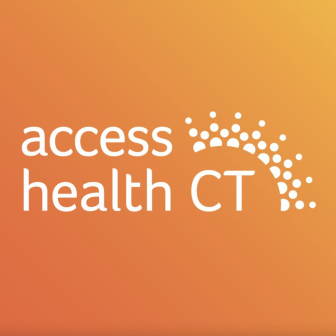Connecticut Is 2016’s 2nd Best State for Working Dads; Two Norwalk Businesses Earn Spot Among Nation’s Top 50 for New Dads
/Working fathers in Connecticut are in a great place, according to a newly released analysis. Connecticut is ranked only behind only Minnesota as the 2nd Best State for Working Dads, a glimpse of good news as Father’s Day approaches.
Nearly 93 percent of dads with kids younger than 18 in the labor force, according to the personal-finance website WalletHub, which conducted an in-depth analysis of the Best & Worst States for Working Dads.
The top 10 states were Minnesota, Connecticut, Vermont, Massachusetts, New Jersey, Wisconsin, Iowa, Kansas, Virginia and North Dakota. At the bottom of the list were Mississippi, West Virginia, Alaska and Nevada.
WalletHub analyzed the work-life balance, health conditions, financial well-being and child-rearing environments for working dads in the 50 U.S. states and the District of Columbia, using 20 key metrics, which range from day care quality to male life expectancy.
To identify the best and worst states for working dads, WalletHub analyzed the various factors in the work-life balance that affect paternal roles in the 50 states and the District of Columbia, focused on four key dimensions of fatherhood: 1) Economic & Social Well-Being, 2) Work-Life Balance, 3) Child Care and 4) Health. Among the 20 factors included were parental leave policy, commute time, day care quality, pediatric services, median income, unemployment rate, and mental health.
Leading to its overall ranking of second in the analysis, Connecticut was 13th in “economic and social well-being,” third in “work-life balance,” eighth in “child care,” and third in “health.” Among the sub-categories, Connecticut was:
- 2nd – Male Life Expectancy at Birth
- 2nd – % of Kids Younger than 18 with Dad Present Living in Poverty
- 2nd – “Parental Leave Policy” Score
- 6th – Access to Pediatric Services
- 6th – % of Men Who Report Adequate or Any Physical Activity
- 7th – Male Uninsured Rate
- 14th – Average Freshman Graduation Rate for Men
- 16th – Mortality Rate due to Heart Disease per 100,000 Men
- 17th – Mean Hours Worked per Day Among Males
- 19th - Median Income for Families (Dad Present) with Kids Younger than 18 Years, Adjusted for Cost of Living
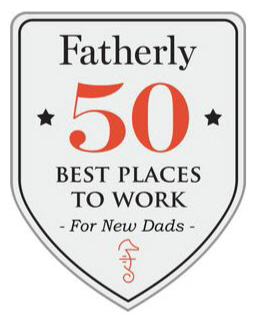 Among the nation’s top businesses for new dad, an analysis by the website Fatherly, determined that two Connecticut-based companies – alcoholic beverages producer Diageo and financial data and analysis provider FactSet, earned slots in the top 50. Fatherly is a digital lifestyle guide for men entering parenthood.
Among the nation’s top businesses for new dad, an analysis by the website Fatherly, determined that two Connecticut-based companies – alcoholic beverages producer Diageo and financial data and analysis provider FactSet, earned slots in the top 50. Fatherly is a digital lifestyle guide for men entering parenthood.
Just a handful of states had companies on the list: California (18), New York (9), Oregon (4), Massachusetts (3) and Georgia, North Carolina, Washington DC, and Connecticut, with two each.
Norwalk’s Diageo ranked 34th, and was praised for policies that include “employees receive up to 8 hours of school activity leave (up to 40 hours per year) so you won’t have to miss your kid’s big game or school play.” FactSet, headquartered in Norwalk, ranked 46th. The company was praised because it “recently upped it’s paternity leave from one week to 4.” FactSet has 8,000 employees in 21 countries. Diageo is a global leader in beverage alcohol with iconic brands in spirits, beer and wine, producing well-known brands from more than 200 sites in over 30 countries.
The top companies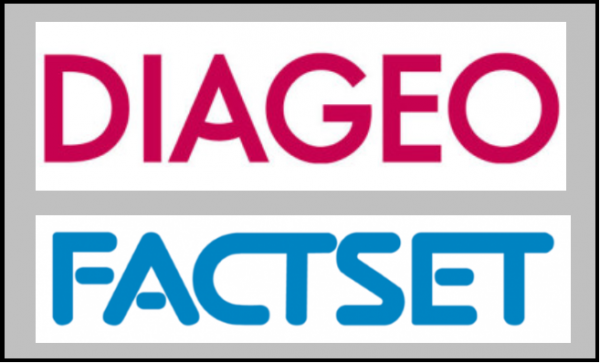 were Netflix, Spotify, Facebook, Patagonia, Bank of America, Pinterest, Google, Microsoft, Twitter, Airbnb, Johnson & Johnson, Accenture, MasterCard, Intuit and Intel.
were Netflix, Spotify, Facebook, Patagonia, Bank of America, Pinterest, Google, Microsoft, Twitter, Airbnb, Johnson & Johnson, Accenture, MasterCard, Intuit and Intel.
In addition, nine small businesses described as “leading the way,” were change.org (San Francisco), Laughing Planet Café (Portland), Upworthy (New York), Blue Corona (Maryland), Badger Balm (New Hampshire), Square Root (Austin), Able Lending (Austin), Happy Family (New York) and ustwo (New York).
When Fatherly’s 50 Best Places To Work For New Dads was a year ago, nearly half the companies featured offered between one and 2 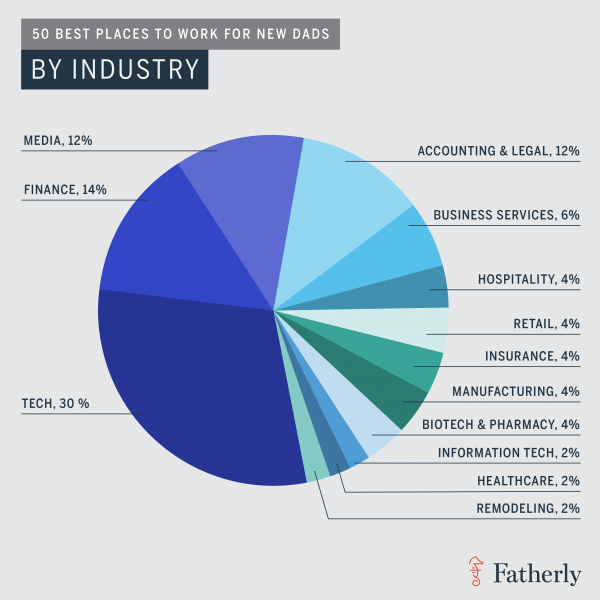 weeks of paid leave to fathers. Twelve months later, 7.5 weeks is the average, 35 percent of companies offer between 6 and 8 weeks, and another 12 companies offer between 10 weeks and a full year, the website pointed out, attributing much of the increase to tech companies, which make up nearly a third of companies on the top 50 list.
weeks of paid leave to fathers. Twelve months later, 7.5 weeks is the average, 35 percent of companies offer between 6 and 8 weeks, and another 12 companies offer between 10 weeks and a full year, the website pointed out, attributing much of the increase to tech companies, which make up nearly a third of companies on the top 50 list.
Data used to create the WalletHub report were obtained from the U.S. Census Bureau, the U.S. Bureau of Labor Statistics, the Council for Community and Economic Research, the Centers for Disease Control and Prevention, the National Center for Education Statistics, the National Partnership for Women & Families, the American Urological Association, the Social Science Research Council, Child Care Aware of America and WalletHub research.






 tion into one composite indicator of entrepreneurial business growth.”
tion into one composite indicator of entrepreneurial business growth.”
 The quarterly survey is released by
The quarterly survey is released by 
 The Foundation invested 30 percent of its grants in education from birth through high school, and new and renewed college scholarship, according to the report. Grants for family and social services received 20 percent; health – 11 percent; arts and culture – 11 percent; community and economic development – 19 percent, general – 5 percent and summer programs – 4 percent.
The Foundation invested 30 percent of its grants in education from birth through high school, and new and renewed college scholarship, according to the report. Grants for family and social services received 20 percent; health – 11 percent; arts and culture – 11 percent; community and economic development – 19 percent, general – 5 percent and summer programs – 4 percent.
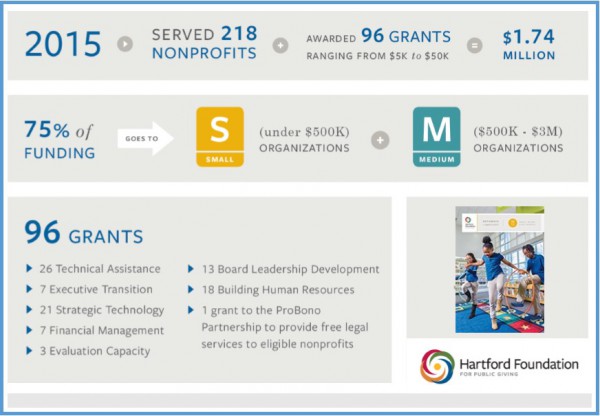
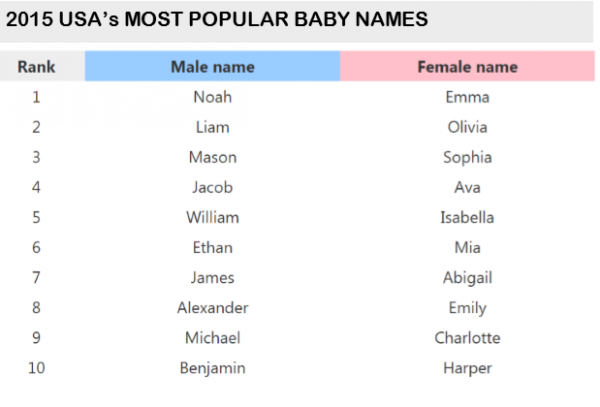
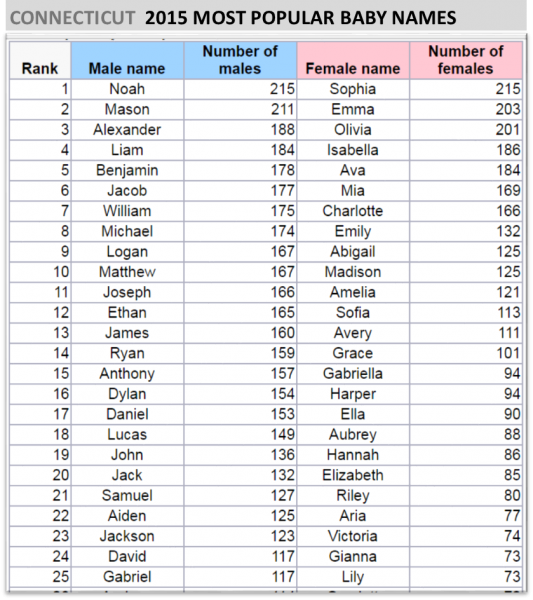



 Already, 2.9 million freelancers earned more than $100,000 last year, up from 2 million who hit the six-figure mark just four years earlier, according to MBO Partners. The report indicated that 60 percent of freelancers surveyed said they started freelancing by choice—up from 53 percent last year—and 67percent of freelancers agree that more people are choosing to work independently today compared to three years ago.
Already, 2.9 million freelancers earned more than $100,000 last year, up from 2 million who hit the six-figure mark just four years earlier, according to MBO Partners. The report indicated that 60 percent of freelancers surveyed said they started freelancing by choice—up from 53 percent last year—and 67percent of freelancers agree that more people are choosing to work independently today compared to three years ago.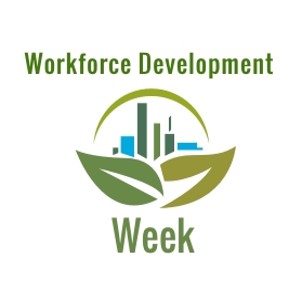

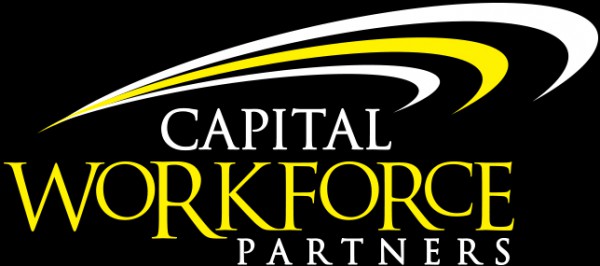
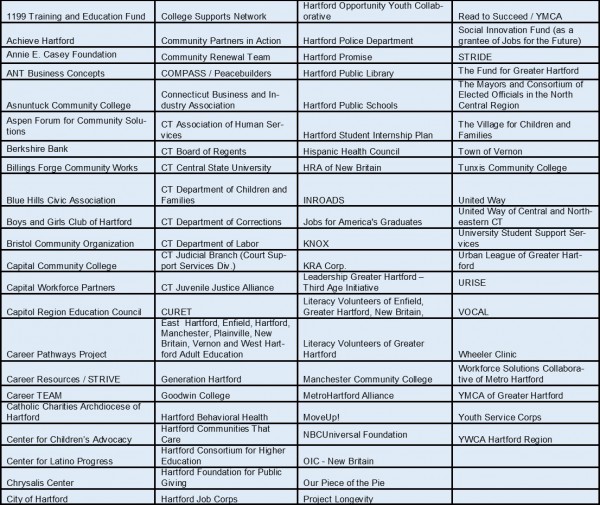
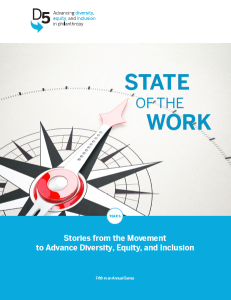
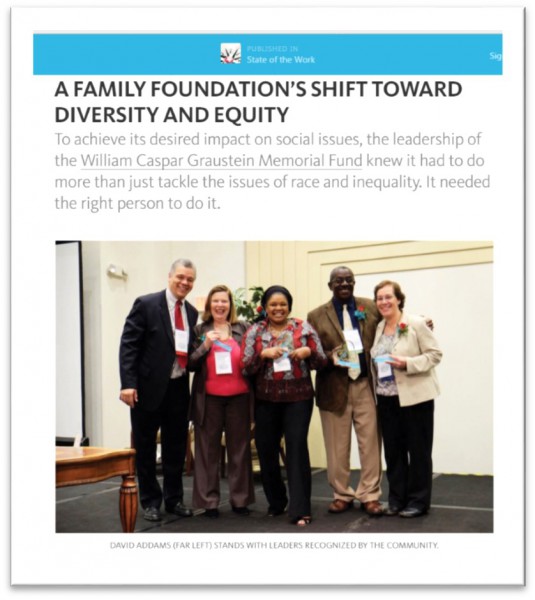 The D5 final report features stories about leaders in foundations and other philanthropic organizations taking meaningful action to advance DEI. “Storytelling is one of the most powerful ways to inspire action and change. We hope people working within foundations—whether they are a CEO, an HR manager or a program officer—draw on the important lessons from these stories, and apply them to their own unique situations,” said Kelly Brown, D5 Director. Kelly also cited statistics indicating that “when companies commit themselves to diverse leadership, they are more successful. Foundations and nonprofits,” she said, “have the opportunity to take a page from successful business playbooks.”
The D5 final report features stories about leaders in foundations and other philanthropic organizations taking meaningful action to advance DEI. “Storytelling is one of the most powerful ways to inspire action and change. We hope people working within foundations—whether they are a CEO, an HR manager or a program officer—draw on the important lessons from these stories, and apply them to their own unique situations,” said Kelly Brown, D5 Director. Kelly also cited statistics indicating that “when companies commit themselves to diverse leadership, they are more successful. Foundations and nonprofits,” she said, “have the opportunity to take a page from successful business playbooks.”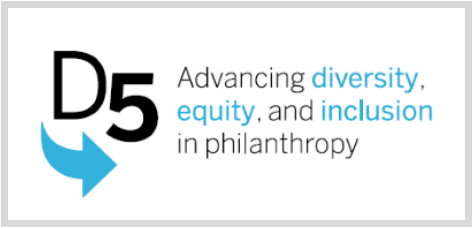
 impact of a seller’s race in a field experiment involving baseball card auctions on eBay. The results, according to the researchers, left little doubt.
impact of a seller’s race in a field experiment involving baseball card auctions on eBay. The results, according to the researchers, left little doubt.
 e first total was larger.”
e first total was larger.” e Gordon Bradford Tweedy Professor at Yale Law School and the Director of the Law and Economics Program at the National Bureau of Economic Research (NBER) with headquarters in Cambridge, Massachusetts.
e Gordon Bradford Tweedy Professor at Yale Law School and the Director of the Law and Economics Program at the National Bureau of Economic Research (NBER) with headquarters in Cambridge, Massachusetts. 


